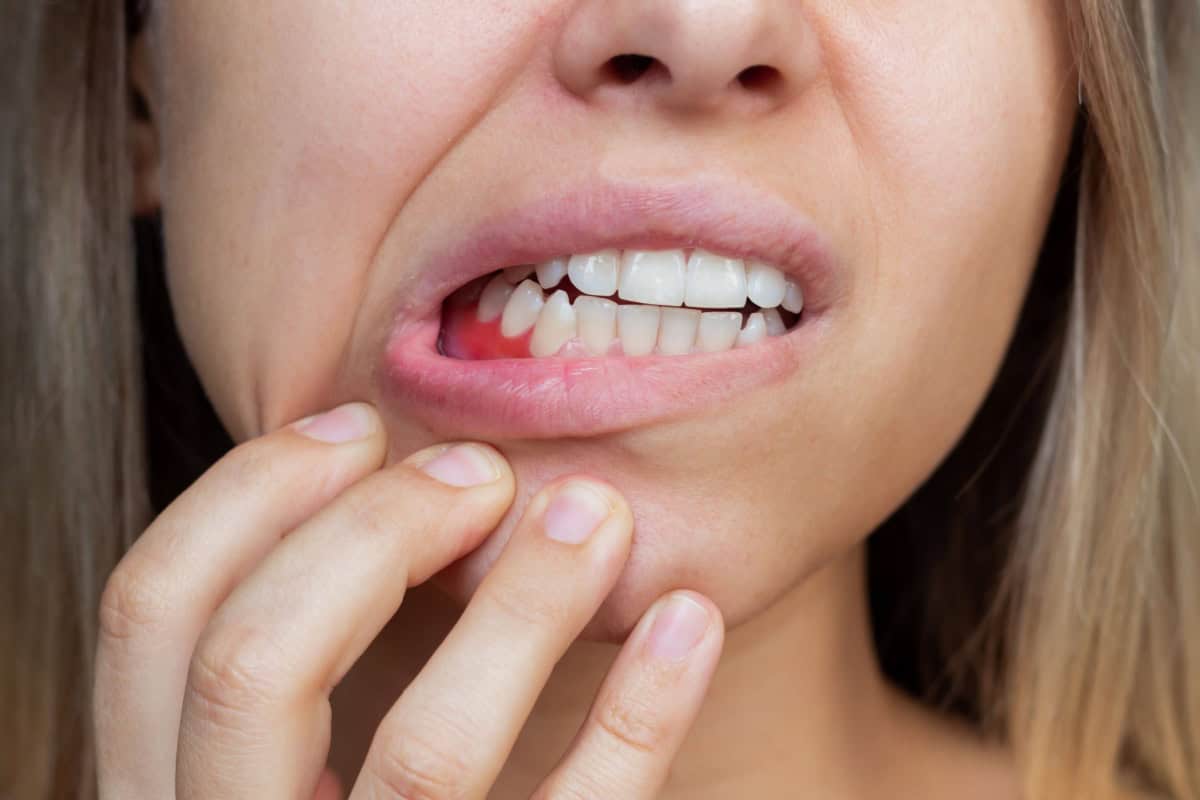
Bleeding gums can be a distressing symptom, but it’s essential to understand what might be causing it. Here at Pacific Northwest Periodontics, we’re committed to helping you maintain optimal oral health by providing accurate and patient-focused information.
Understanding Bleeding Gums
Bleeding gums are often the first noticeable symptom of gingivitis, the early stage of gum disease. Gingivitis occurs when plaque, a sticky film of bacteria, builds up on your teeth and irritates your gum tissue. If left untreated, gingivitis can progress to periodontitis, a more severe form of gum disease that can lead to tooth loss.
However, bleeding gums aren’t exclusively caused by gum disease. Other potential causes include:
- Poor Oral Hygiene: Inadequate brushing and flossing can lead to plaque buildup.
- Smoking: Tobacco use is a significant risk factor for gum disease.
- Vitamin Deficiencies: A lack of essential vitamins like vitamins C and K can affect your gums.
- Hormonal Changes: Pregnancy, puberty, and menopause can cause increased gum sensitivity and bleeding.
- Medical Conditions: Diseases such as diabetes, blood-clotting disorders, and leukemia can also cause your gums to bleed.
When to Seek Professional Help
If you notice your gums bleeding, it’s important to evaluate your oral hygiene practices first. Ensure you are brushing at least twice a day with a soft-bristled toothbrush and flossing daily. Using an antibacterial mouthwash can also help reduce plaque buildup.
However, if the bleeding persists for more than two weeks or is accompanied by other symptoms like swollen gums, bad breath, or loose teeth, it’s crucial to seek professional dental care. A dentist or periodontist will perform a thorough examination to determine the cause and recommend appropriate treatment.
Treatment Options
Treating bleeding gums depends on the underlying cause. If gum disease is identified, treatments may include:
- Improved Oral Hygiene: Your dentist will guide you on proper brushing and flossing techniques.
- Professional Cleanings: Scaling and root planing can remove plaque and tartar from below the gum line.
- Medications: Antibiotics or special mouth rinses may be prescribed to reduce bacteria.
- Surgery: In advanced cases, surgical procedures may be necessary to restore gum health.
If the bleeding is due to other health issues, addressing those conditions will be necessary. For instance, managing diabetes or taking supplements for vitamin deficiencies can significantly improve gum health.
Take Charge of Your Oral Health Today
Bleeding gums should never be ignored. While they can be a sign of gum disease, they can also indicate other health issues. At Pacific Northwest Periodontics, we are dedicated to helping you achieve and maintain healthy gums. If you have concerns about bleeding gums, don’t hesitate to contact us for a comprehensive evaluation and personalized treatment plan.



